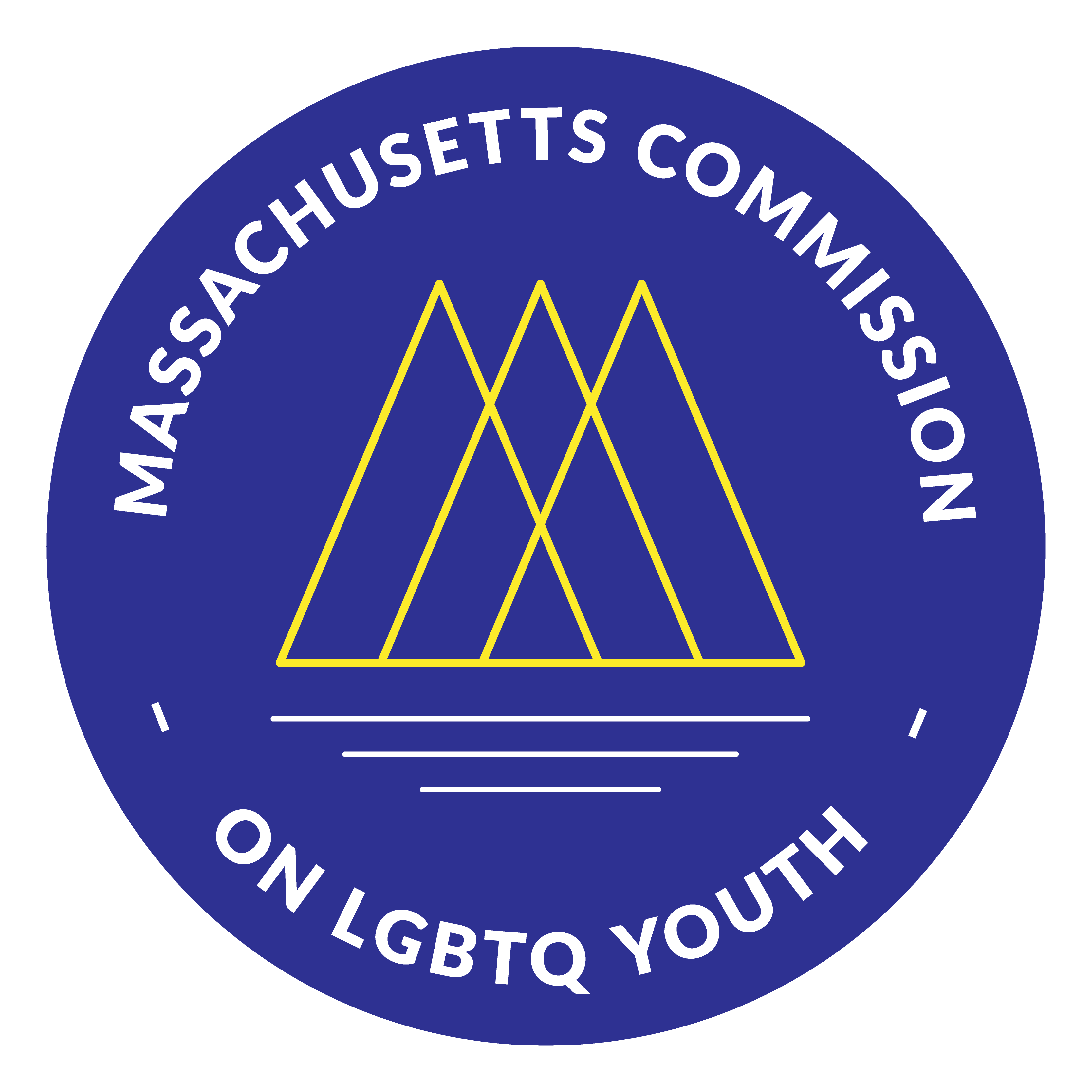- Massachusetts Commission on LGBTQ Youth
Media Contact
Dharani Persaud, Coordinator
Boston — On June 5th, the Massachusetts Commission on LGBTQ Youth hosted a legislative briefing at the State House, sponsored by Representative Jack Lewis and Senator Julian Cyr. The briefing was on sexual health, one of the Commission’s focus areas and an area of particular relevance for LGBTQ youth of color. The Commission issued detailed research findings and recommendations on sexual health and other topics to the state government last month.
Representative Lewis opened the event by discussing the need for LGBTQ youth to learn about healthy relationships and safe sex in an inclusive setting, which is one of the driving principles behind the Healthy Youth Act, a bill that received praise throughout the afternoon. Leda Anderson of the Planned Parenthood League of Massachusetts explained that the Healthy Youth Act does not mandate sexual health education, but does require schools that choose to teach it use a comprehensive, medically accurate, and LGBTQ-inclusive curriculum. The Healthy Youth Act has now appeared in various forms for the past four legislative sessions, and advocates are hopeful that the House will take the bill up for a vote soon. “This is a very common sense, long overdue policy,” said Anderson about the bill, which has received significant media coverage in recent weeks.
Joining Anderson for the panel discussion, which was hosted by Commission member Paul Gels, were:
- Ashley Slay of the Boston Area Rape Crisis Center;
- Jason Wheeler of the Safe Schools Program for LGBTQ Students; and
- Carrie Richgels of AIDS Action Committee.
In regards to the current state of sexual health in schools, Jason Wheeler said that the big questions are about how to talk about safe sex while being inclusive of all identities. According to Wheeler, who helps lead the Commission-sponsored Safe Schools Program, some school districts are doing well in this area as result of adequate funding, relationships with community organizations, and strong leadership within the schools. Unfortunately, this is not the case for most of the schools in the state, as many educators are not knowledgeable enough about LGBTQ health to speak comfortably about it with their students, which can perpetuate stereotypes and stigma. “All young people, LGBTQ young people included, are scanning for safety all the time,” Wheeler explained, and when lessons explicitly include LGBTQ students, they create a safer and more inclusive environment.
The panel also spoke about the HIV and Hepatitis C line item in the state budget, which supports HIV and STI testing, outreach and education, support services, and efforts to fight the opioid crisis. Carrie Richgels of Aids Action Committee was happy to report that an amendment was approved to expand Hepatitis C testing to young people, and the line item funding was kept level with the previous year’s funding. The Commission had also recommended that the HIV line item be funded for at least the same amount as it had in the previous fiscal year’s budget.
Another topic was sexual assault and violence, which is a key facet of the conversation around sexual health. Ashley Slay of BARCC observed, “Anyone can be a survivor of sexual violence, anyone can be a perpetrator of sexual violence.” Slay added that LGBTQ youth are especially vulnerable to sexual violence when one person has control over another. This could commonly happen for LGBTQ youth if one party is experiencing homelessness or housing instability, facing family rejection due to their identity, or experiencing high levels of discrimination or stigma.
With the federal government making moves to roll back LGBTQ rights and safety, taking action at the state level is especially important. According to Anderson, the federal government is “sending a very clear message” against inclusive and comprehensive sexual health services, and the current presidential administration is instead promoting abstinence only education, which has been repeatedly proven to be an ineffective method of delaying sexual activity. The administration also chose to end funding for teen pregnancy prevention at the federal level, which has caused significant problems for some organizations working at the local level.
Do you or a youth you work with need sexual health services? The Commission’s new statewide resource map is a searchable tool where you can filter for health-related resources and a lot more.
###
